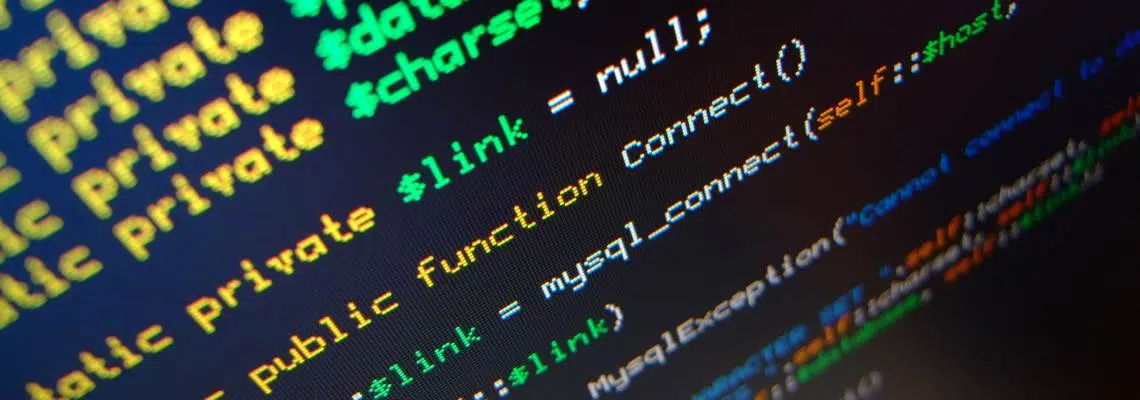Not only is 2014 the year of the Horse but it is also the Year of Code.
The Year of Code is a campaign that is encouraging people across the country to learn to program. Targeted mainly within schools, the campaign plans to have programming in the classrooms a mandatory subject for all pupils.
Year of Code’s Executive Director, Lottie Dexter, appeared on Newsnight with Jeremy Paxman recently, which is no mean feat in itself but unfortunately, her appearance met with mixed results. I watched the interview and read the Year of Code site and thought I’d share my views as a developer working within a ‘code’ industry and a parent looking at my son’s future.
The first hurdle we really need to tackle is what is code?
Personally I think Lottie summed this up really well
Code is the language you use to instruct computers. I think that is the best way of describing it. So it’s how you make computers do things.
Lottie Dexter
Semantics aside, that pretty much covers all bases but we need to also be aware that the word code is all too vague. Code for a website is not the same code that you get in a computer application and neither is it the same as code that runs the Large Hadron Collider in CERN. Code can exist in many languages and on different platforms, learning to build a web site in HTML and CSS does not necessarily mean you will able to create the next Flappy Bird app. Understand the fundamentals of programming is where the knowledge comes from, then the skill is being able to apply that technique to the code language in question.
One particular series of questions got me really concerned in that interview. The part about how long it takes to learn to code and thus also teach it. We are given the impression that you can learn to code in a few days, statements like that can have quite a destructive effect on an already unknown industry.
As a developer you tend to find yourself having to justify the times and budgets of your work. If you pay a bricklayer to build a wall you get to see results within minutes. When building a website you will finally see a finished product out on the internet but there is no real way to know the work that went into building it, especially when all that work is ‘technobabble’.
Too often clients are bound by constraints that do not meet with development requirements and putting across ideas that you can code after a few days is dangerous. Yes, you could build a website in an afternoon. I could build a wall in that time but would you really want to live inside the house I built?
Coding takes years to master and in an industry that moves so quickly your goals are always two steps further away, it is naive to think that we can all code after a few days; it de-values the industry. Let’s not pretend that developers just press a few buttons, some magic happens and a computer programme is born.
After what probably sounds like a negative pop at the Year of Code, let me say I am completely behind the idea of the scheme.
I have a two-year-old son that can use an iPad more efficiently than a potty. He knows exactly how to hold it, find movies of tractors and sits there happy with a device that puts the last 40 years of computing to shame. Naturally, I am going to encourage his development and there will be a time he will ask me about those strange words on daddy’s computer. ‘Well, that is code’ will be the reply and he should be able understand the meaning behind it. Reading and writing a language is something that is taught in schools, we need to do add a new language; that of a computer language.
It is a skill that every person in the coming generations will need to understand. It is the future to let us invest in the future development now.
